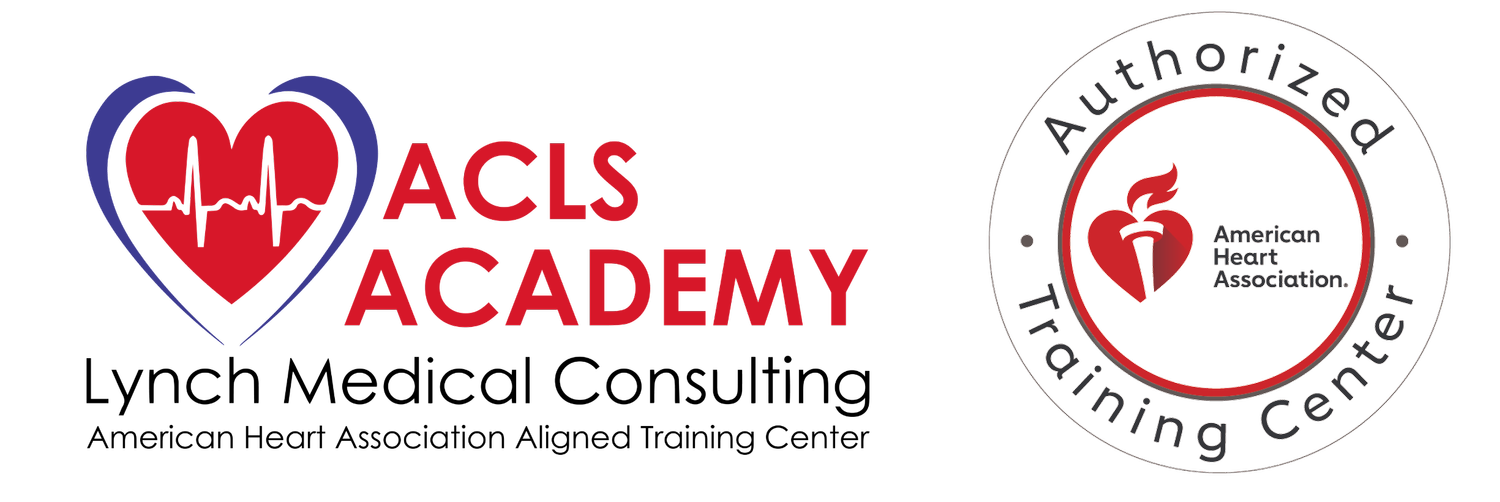Whether you’re a healthcare professional working directly with infants and children or simply work in a medical setting or hospital, Pediatric Advanced Life Support (PALS) training can help you be prepared for any emergency situation you might find yourself in.
What Does a PALS Course Teach?
The American Heart Association PALS course helps to improve the quality of care provided to seriously ill or injured infants and children, resulting in improved outcomes. Throughout the two days, that course is taken over, students are presented with several patient cases and a lesson on team dynamics, as well as a multiple-choice exam.
The topics covered include:
Child CPR AED and infant CPR
Recognition of patients that do not need immediate intervention
Recognition of cardiopulmonary arrest before it happens and application of CPR
Team dynamics
Differentiation between respiratory distress and failure
Early intervention of respiratory distress and failure
Differentiation between compensated and decompensated shock
Early intervention for the treatment of shock
Differentiation between stable and unstable patients with arrhythmias
The characteristics of unstable patients with arrhythmias
Post-cardiac arrest management
3 Reasons to Take a PALS Course
Strengthen Your Skills - If it’s been a while since you took a pediatric advanced life support course or your certification is expiring soon, taking a PALS course will allow you to keep your PALS certification up to date and allow you to strengthen your skills.
Quick Reaction in Emergency Situations - In the case of an emergency, having PALS training can help you provide quick medical care for an infant or child while you wait for the ambulance to arrive.
Peace of Mind - Emergencies happen when you’re least expecting them and with thorough training, you can react quickly and levelheaded.
To learn more about our PALS training course contact us today at (617) 855-9947 or register today!

